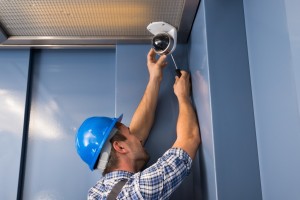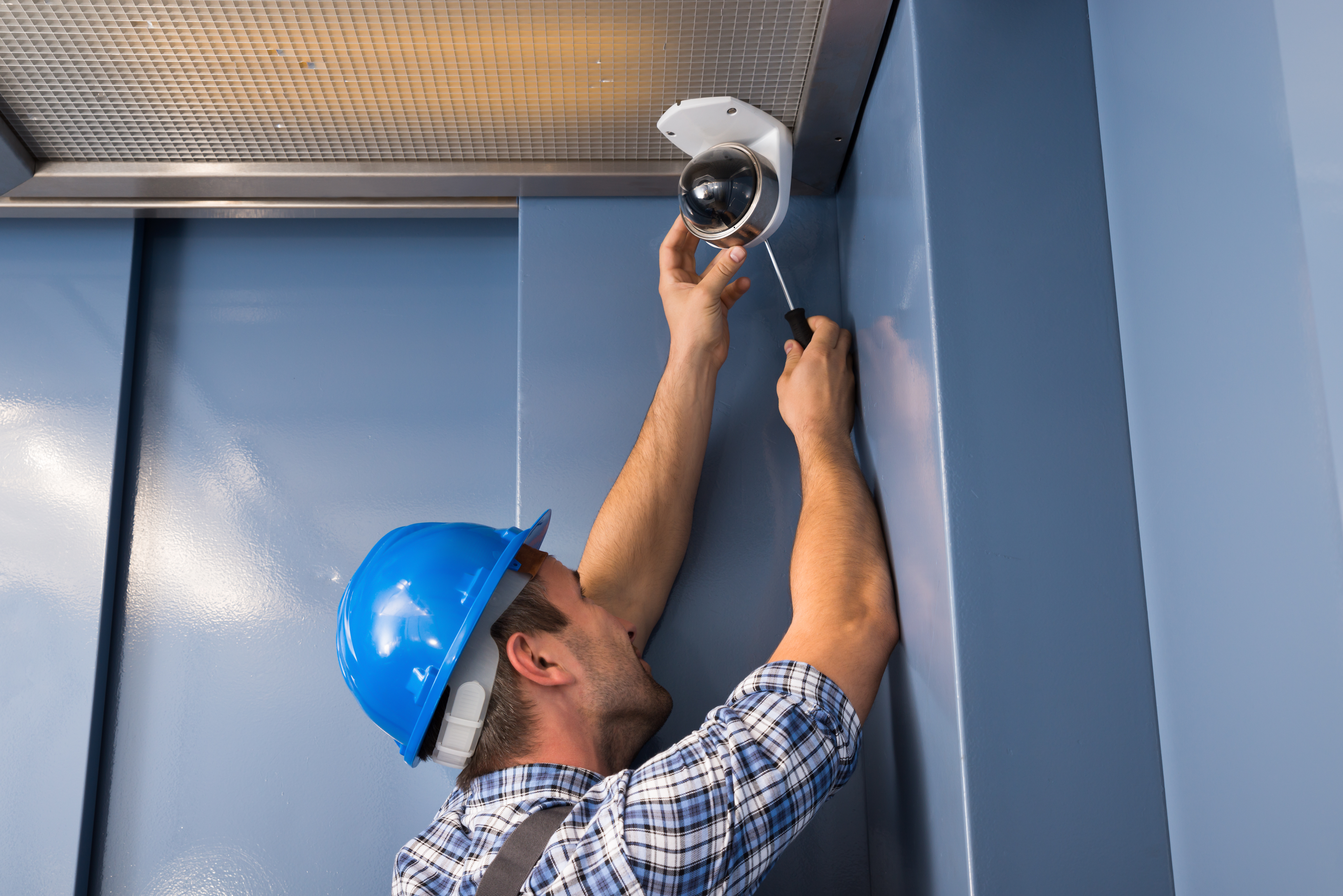 Today, installing video surveillance is almost a necessity, both to ensure your employees and customers’ protection and the safety of your business. But before you do that, it’s in your best interest to first find out the state laws governing it.
Today, installing video surveillance is almost a necessity, both to ensure your employees and customers’ protection and the safety of your business. But before you do that, it’s in your best interest to first find out the state laws governing it.
Comtex Inc. shares an overview of the laws you will need to know when installing surveillance cameras for your store or office in New Jersey.
The first thing you need to know is that video laws vary from state to state. Currently, there are no federal laws that prohibit hidden video surveillance in the public or in the workplace. The states of California, New York, and Rhode Island prohibit hidden video surveillance in areas where people expect complete privacy. Spaces like restrooms, locker rooms, and other places where people undress are off limits to hidden video surveillance.
In the states of Delaware and Connecticut, businesses are expected to inform employees and customers of video surveillance in bathrooms and changing rooms. All rights to privacy are relinquished when a public notice stating that video surveillance is being used on the premises is posted. It has been found that people are okay with video surveillance because it is a proven deterrent to crime. The other factor is that video surveillance can be used to prove guilt in a crime. The jury is more likely to convict when presented with proof of video surveillance.
The Fourth Amendment is the one Federal law that comes closest to dealing with the issue of violation of a citizen’s privacy. It safeguards against unreasonable searches and seizures and is a part of the Bill of Rights. The Fourth Amendment requires the sanction of search warrants by the courts and the court must first decide that there is a probable cause of a crime being committed and hence the need for video surveillance.
Its important to know the surveillance laws before planning an installation. Every state or county could have different laws and hence becomes very important to study the laws and comply to avoid any complications.








